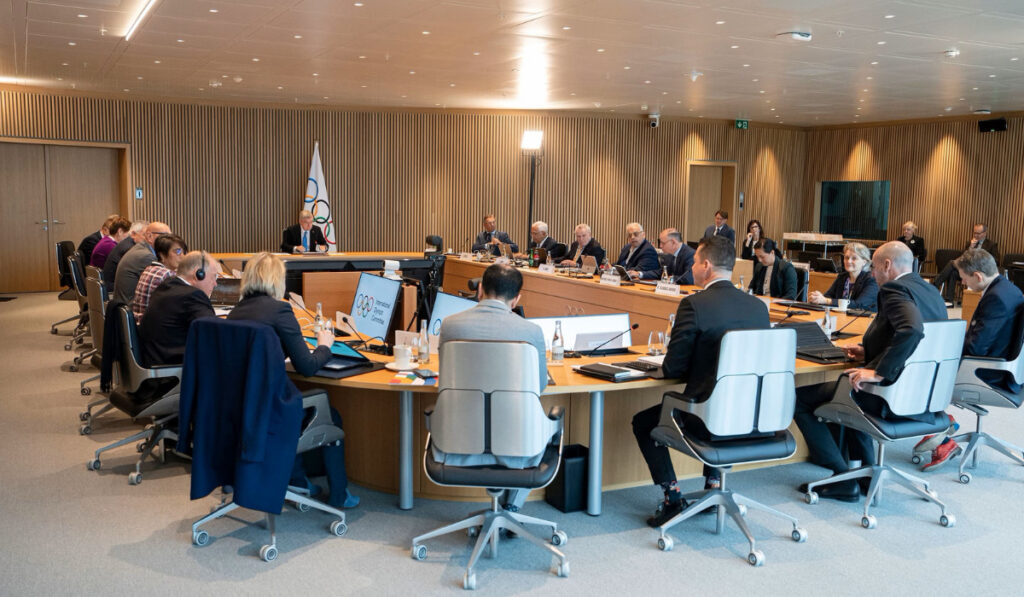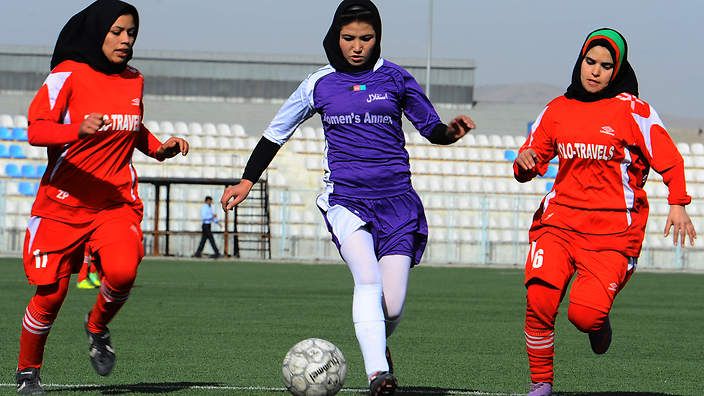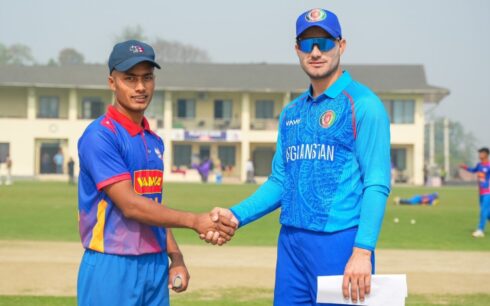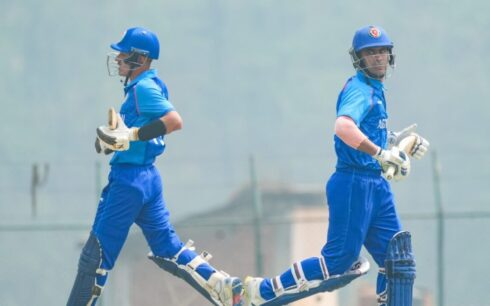The International Olympic Committee’s Executive Board met Wednesday and reiterated its call on the Taliban to urgently reverse restrictions and ensure safe access to sport for women and girls in the country.
In a statement issued after their meeting, the IOC’s board stated it had recently received an update on the situation of the National Olympic Committee (NOC) of Afghanistan. The board said it had been informed that since its last meeting in December 2022, there had been no tangible progress on the issue of ensuring access to sport and education for women and young girls in the country.
This comes “despite the IOC’s call to the relevant sports authorities to do their utmost to reverse the existing restrictions,” the statement read.

“The IOC has requested, and received, a report from the Afghan NOC and the Afghan Directorate of Physical Education & Sports. It is indicated in particular that the Afghan sports authorities have engaged with the de facto authorities (Taliban) to address the issue of ensuring access to sport for women and young girls in the country and are awaiting a decision.
“Therefore, the IOC EB decision taken on 6 December 2022, which stated clear conditions with regard to any support to, activities with and continued operations of the Afghan NOC, remains in place,” the statement read.
Despite the current situation, the IOC continues to support athletes aiming to qualify for and participate in the Olympic Games Paris 2024. Currently, 10 athletes are benefiting from an Olympic Solidarity scholarship, and the majority of them are training abroad with the help of the NOC of their host countries.
In December, the IOC warned that it could stop working with Afghanistan ahead of the next Olympics in 2024 if women are not allowed to play sports under Taliban rule.
At the time, the IOC said its support for Afghanistan’s National Olympic Committee will depend on conditions including women being allowed to play sports with “safe and inclusive access” and to take part in sports administration. Afghanistan’s teams for international events must include female athletes who live in the country and not only those based abroad, the IOC stated at the time.
The sporting body said Afghanistan’s participation and “the representation, or not, of the country” in the next Summer Olympics in Paris in 2024 “will depend on the progress made in relation to the fundamental issue of safe access to sport for women and young girls in the country.”
Among a raft of edicts against women and girls that the Taliban has imposed over the past 18 months, playing sport is one of them. Last year, the Taliban banned women and girls from not only going to school or getting any form of higher education, but the group also banned women from visiting parks and gyms and from playing any sport.





